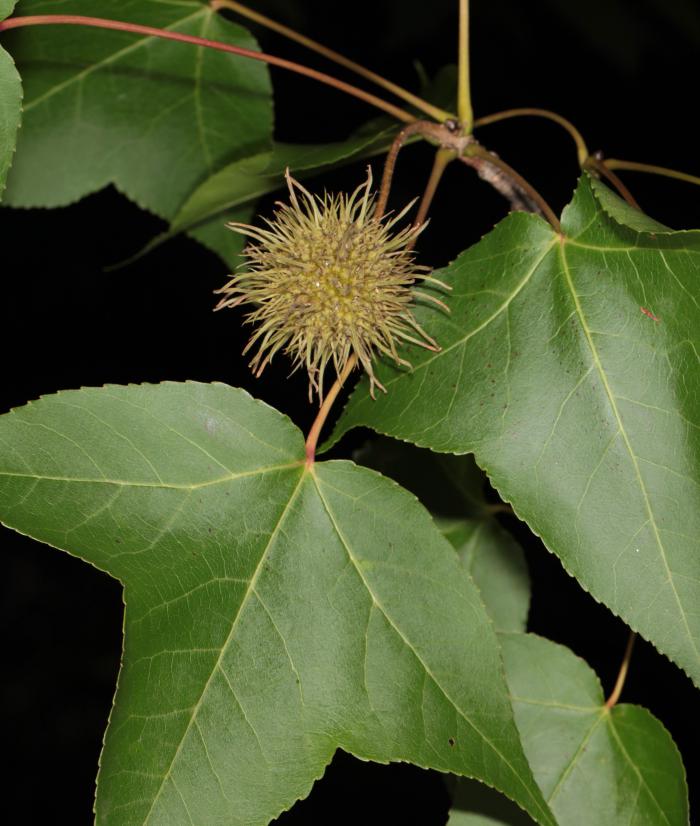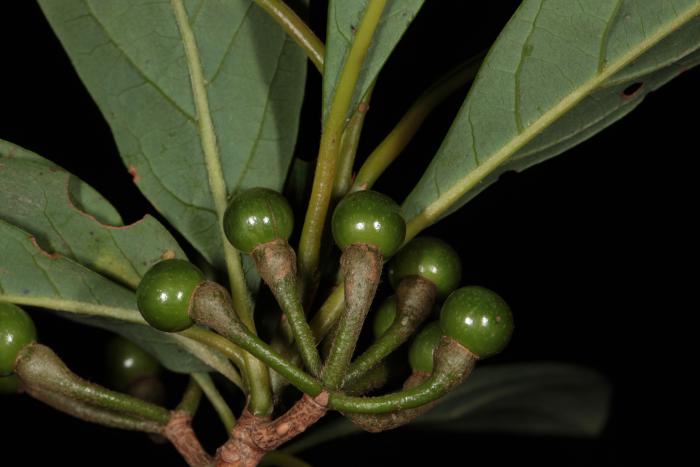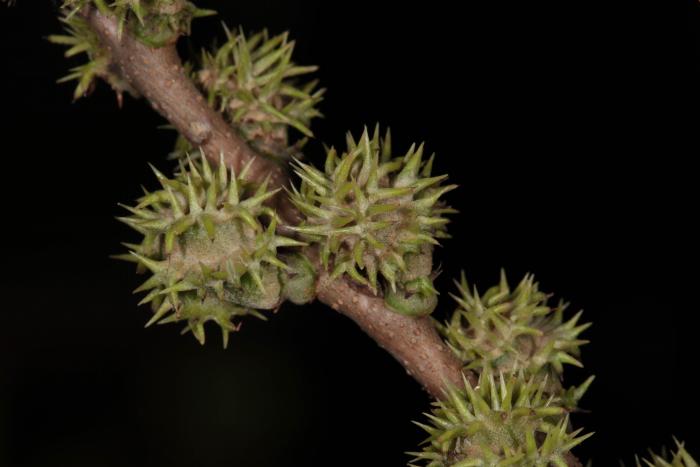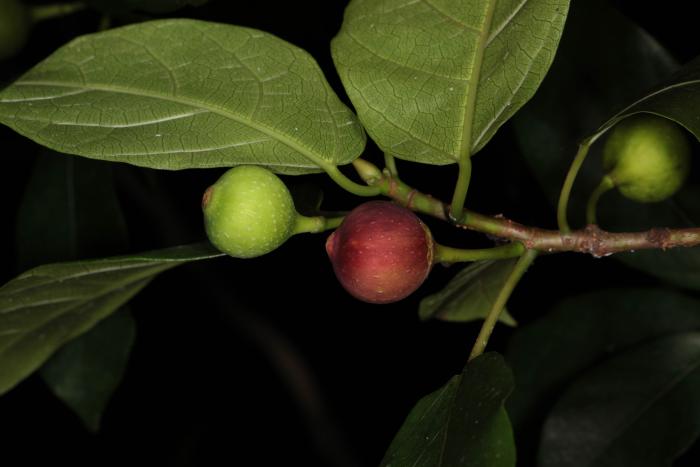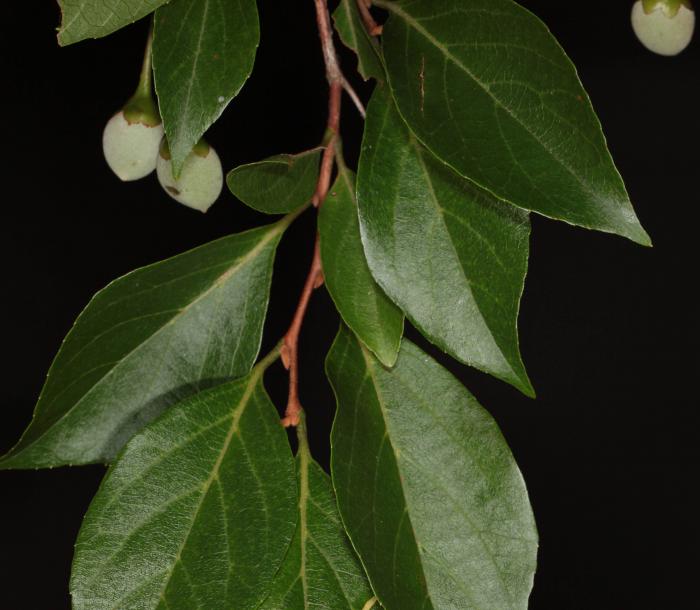


Relict and threatened trees of Eastern Asia
Since 2012, the Botanic Garden of the University of Fribourg (BGF) and the Shanghai Chenshan Plant Science Research Center of the Chinese Academy of Sciences (Shanghai, China) have been conducting joint expeditions, excursions and research activities. From 1st of July 2020, Prof. Gregor Kozlowski, Director of the Botanical Garden of the University of Freiburg, has been appointed Adjunct Professor at the Research Centre of the Chenshan Botanical Garden in Shanghai (China). The Shanghai Chenshan Plant Science Research Center is a renowned institution of the Chinese Academy of Sciences. This honorary appointment was intended to strengthen the cooperation between the Chenshan Botanical Garden in Shanghai and the University of Freiburg. Prof. Kozlowski will lead his own research group on Plant Systematics and Evolutionary Biology "in duet" with Dr. Yi-Gang Song, a former doctoral student at the University of Fribourg in Switzerland. The most important research areas will include the phylogeny, biogeography and conservation biology of relict trees, focusing on the families of Juglandaceae, Fagaceae and Ulmaceae.
Leading researcher: Dr Yi-Gang Song
Major refugia of relict trees: recent advances in researh and conservation (7th-12th July 2019)
Thy international symposium took place between the 7th and 9th of July 2019 at the Shanghai Chenshan Botanical Garden (China) and was organized by the Shanghai Chenshan Plant Science Research Centre (CAS) in collaboration with the Botanical Garden of the University of Fribourg (Botanical Garden) and the Natural History Museum Fribourg (NHMF), Switzerland. It gathered scientists and conservationists from China, Switzerland, USA, Poland, Italy, France, Sweden, Iran, Vietnam, Japan, etc. It was accompanied by a field trip to mountainous areas of Henan (e.g., Gu-Tan-Gou, Zi-Jing-Lin, Lao-Jie-Ling and Lao-Jie-Dong).


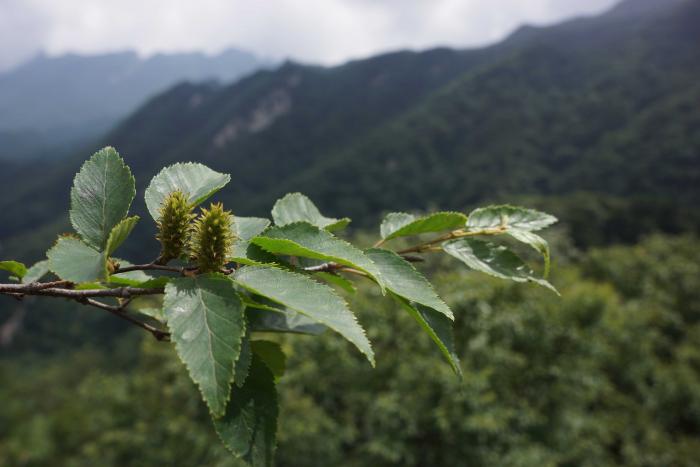


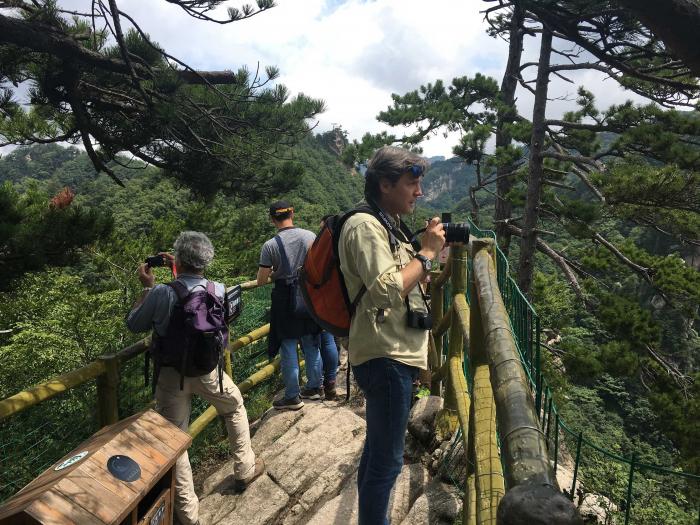
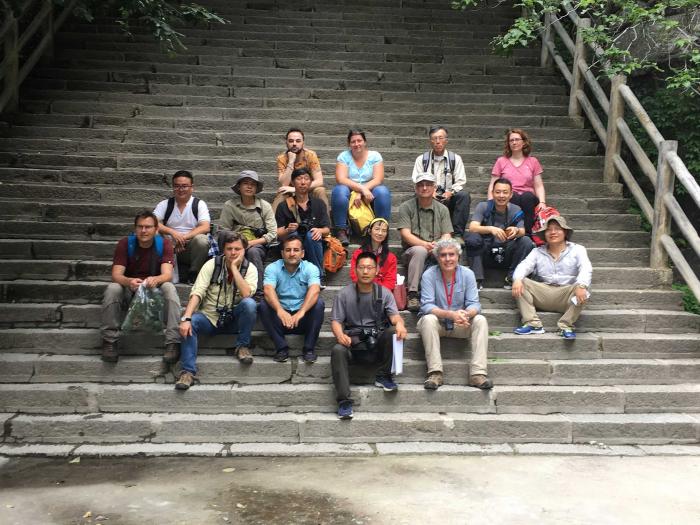

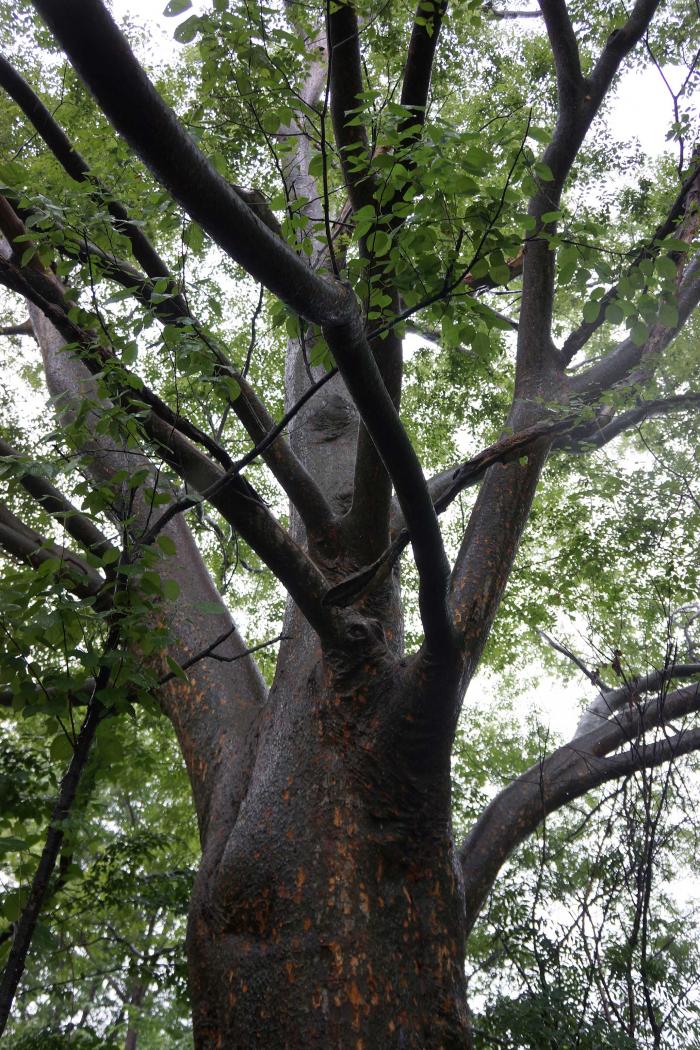
The Red List of Zelkova 2019
The book is a compilation of the red list assessments of all six extant Zelkova species, which were recently assessed according to the IUCN methodology: Z. abelicea in 2012, Z. sicula in 2017 and the remaining four species in 2018. All but one species (83%) are considered globally threatened: Z. sicula is Critically Endangered (CR), Z. abelicea is Endangered (EN) and three species are Vulnerable (VU): Z. carpinifolia, Z. schneideriana and Z. sinica. The only species not threatened (Z. serrata) was assessed as Near Threatened (NT). The new assessments as well as the present compilation crown the laborious but significnt legacy of the Project Zelkova.
Workshop and Symposium in Switzerland (June 2017)
Between the 26th and 30th of June 2017 a workshop organized by our Zelkova-team took place in Switzerland, gathering the international partners and members of our research and conservation networks of Pterocarya and Zelkova.
The meeting started with the participation in the 6th Global Botanic Gardens Congress in Geneva. On 27th of June 2017, the members of our networks presented several oral presentations and posters (e.g. on Zelkova sicula and Z. abelicea). The congress in Geneva was followed by a scientific expedition to Western Prealps in order to explore the dendroflora of the the Canton of Fribourg. The participants visited among others the Vanil Noir Nature Reseve, biogeographically one of the most interesting regions in Switzerland.
On the 30th of June 2017 a symposium entitled “Mediterranean meets Eastern Asia – international and interdisciplinary cooperation in research and conservation of relict trees” took place at the Botanic Garden of the University of Fribourg in collaboration with the Natural History Museum Fribourg (NHMF). Invited speakers from Switzerland, Italy, Poland, China, Vietnam and Japan presented their research projects and conservation actions carried out in different countries and regions of Europe and Asia.


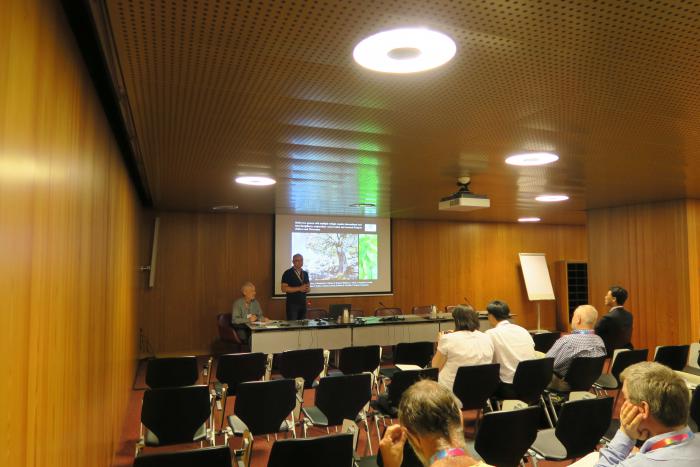
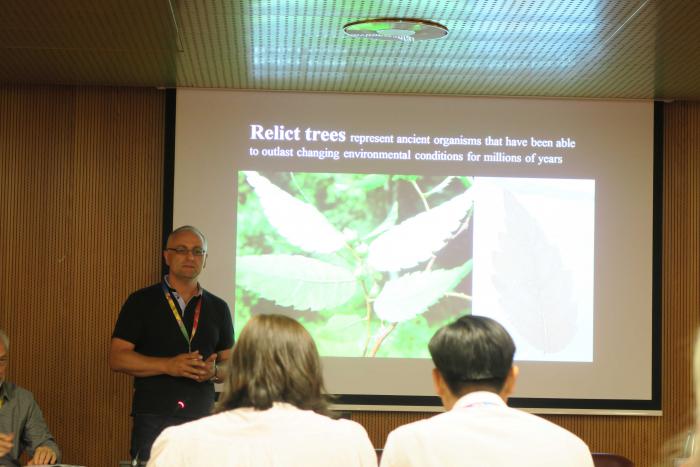
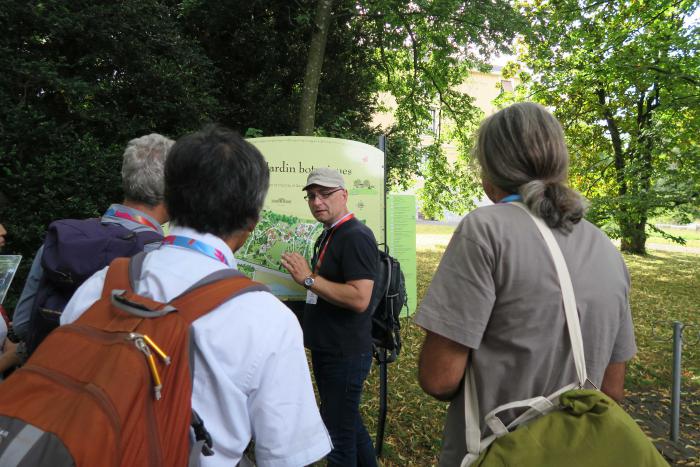
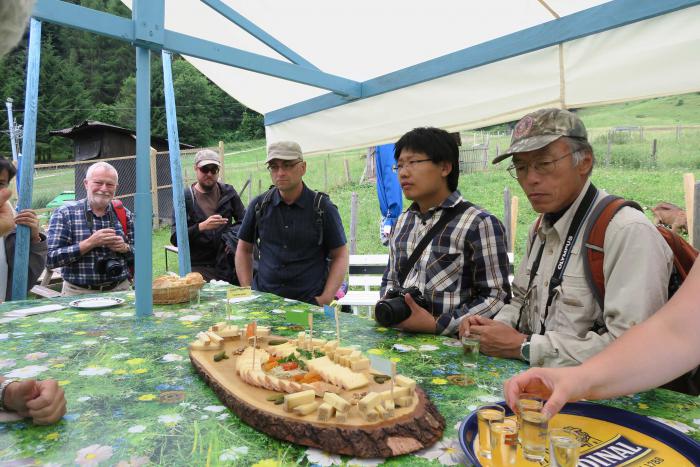


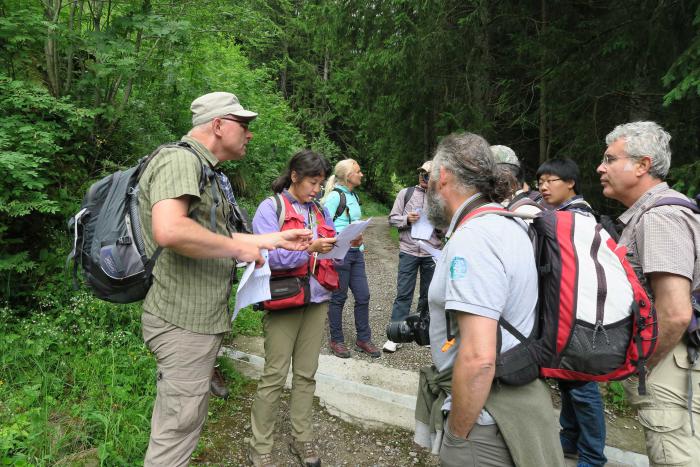
The main focus is put on the East-Asiatic Zelkova species: Z. serrata, Z. schneideriana and Z. sinica and since 2015 the East-Asiatic members of the genus Pterocarya (Juglandaceae): P. rhoifolia, P. stenoptera, P. hupehensis, P. macroptera and P. tonkinesis. The East-Asiatic part of the Project Zelkova and Pterocarya addresses following objectives: (1) Basic and applied research on relict, rare and/or threatened woody species of Eastern Asia (China, Taiwan, Japan, North and South Korea, etc.). (2) Capacity building activities (teaching, internships, exchange of students and young scientists, etc.). (3) Public awareness and outreach (exhibitions, books, workshops, etc.). (4) Iconographic collections (scientific photography, scientific drawings, etc.).
